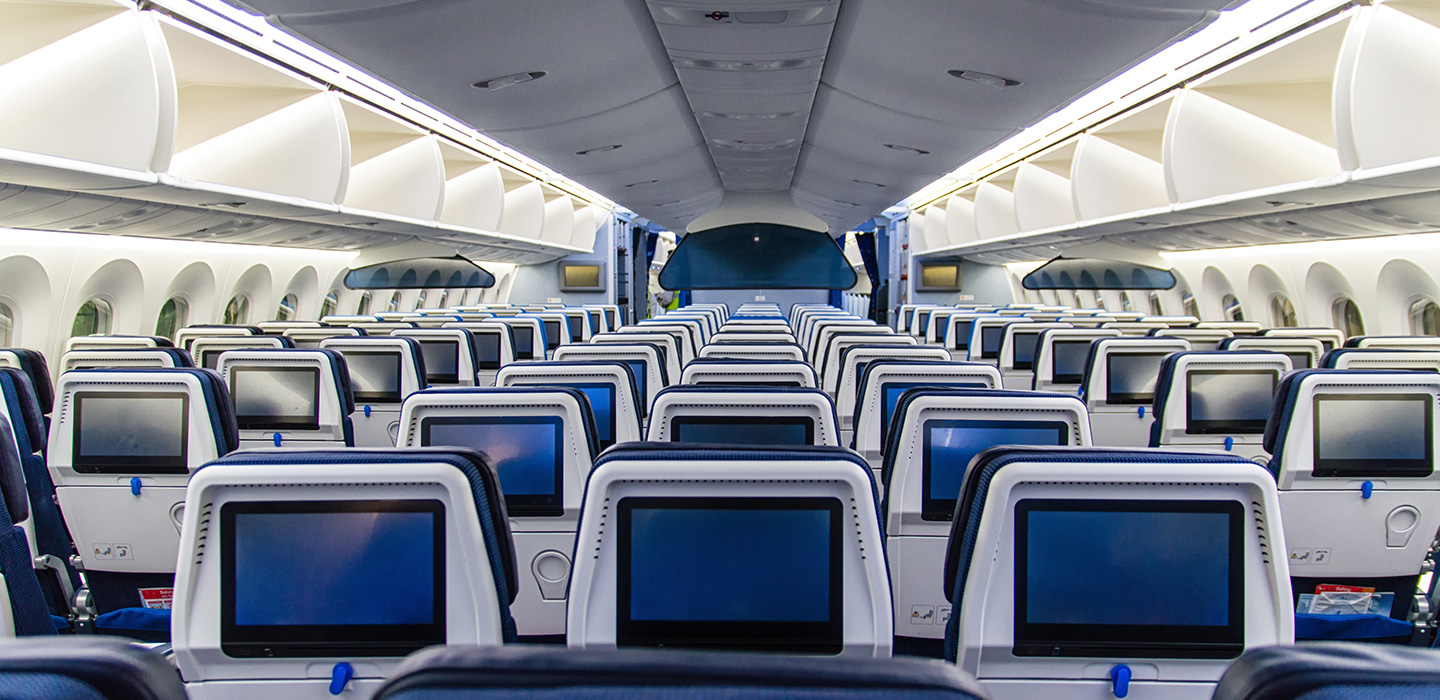The video footage of United Airlines passenger David Dao being forcefully evicted from a plane at Chicago O’Hare airport will have sent a chill down many people’s spines. Images of the incident have gone viral on social media, sparking outrage around the world and – eventually – an apology from United CEO Oscar Munoz pledging to “fix what’s broken”.
The incident stemmed from a problem of overbooking on the flight – a common practice in the aviation industry globally where airlines sell more tickets than available seats. The rationale is that early buyers may not show up for the flight, so selling more than its capacity minimises empty seats and helps the airlines keep their planes as full as possible at the time of takeoff.
For passengers this is supposed to keep prices competitive, while for travellers who have flexibility on their side, overbooking may even be an opportunity for additional cash or voucher compensation, or to be upgraded to a higher class in a later flight.
Airlines should be transparent with travellers about the possibility of being bumped and the adoption of a voluntary bumping policy.
According to the Bureau of Transportation Statistics on the largest U.S. air carriers, 1 million out of 610 million (0.09%) passengers were denied boarding or “bumped” in 2015, among which around half were bumped involuntarily. In both U.S. and Europe, the transport regulators stipulate rules for overbooking, such as the compensation amount for denied boarding should depend on the price of their ticket and the length of delay.
The practice of overbooking draws different reactions from passengers. Some resent the experience, feeling they have paid for a service they were then denied – while others took it as an opportunity to benefit from.
Our research on airline bumping policy advocates that, rather than apply it in an ad hoc manner, airlines should be transparent with travellers about the possibility of being bumped and the adoption of a voluntary bumping policy.
Allocation of service
In particular, compared to involuntary bumping, even though voluntary bumping may require a higher compensation, it can be both more profitable for the airlines and also concurrently maximise social welfare. This is because voluntary bumping helps achieve an efficient allocation of the service and, consequently, can lead to a win-win outcome for the consumers and the airlines when consumers are fully aware of the possibility of being bumped.
Furthermore, we also suggest that transport regulators play a more active role by stipulating the mandatory compensation under involuntary bumping to incentivise airlines to adopt voluntary bumping “voluntarily”.
Overall – despite occasionally bad press – the practice of overbooking has served airlines and passengers well, but there is certainly room to improve the way it is applied by improving transparency and raising consumer awareness.
To this end, some airlines have already adopted measures to alert passengers about the possibility of overbooking during online check-in. This could certainly help to avoid situations like the latest United Airlines saga. Forcefully removing paid customers who are already on board spells public relations disaster.
For travellers who want to avoid such messy situations, checking in early is probably the way to go, at least for now, before airlines and regulators relook at the adoption and implementation of overbooking for a win-win outcome.





